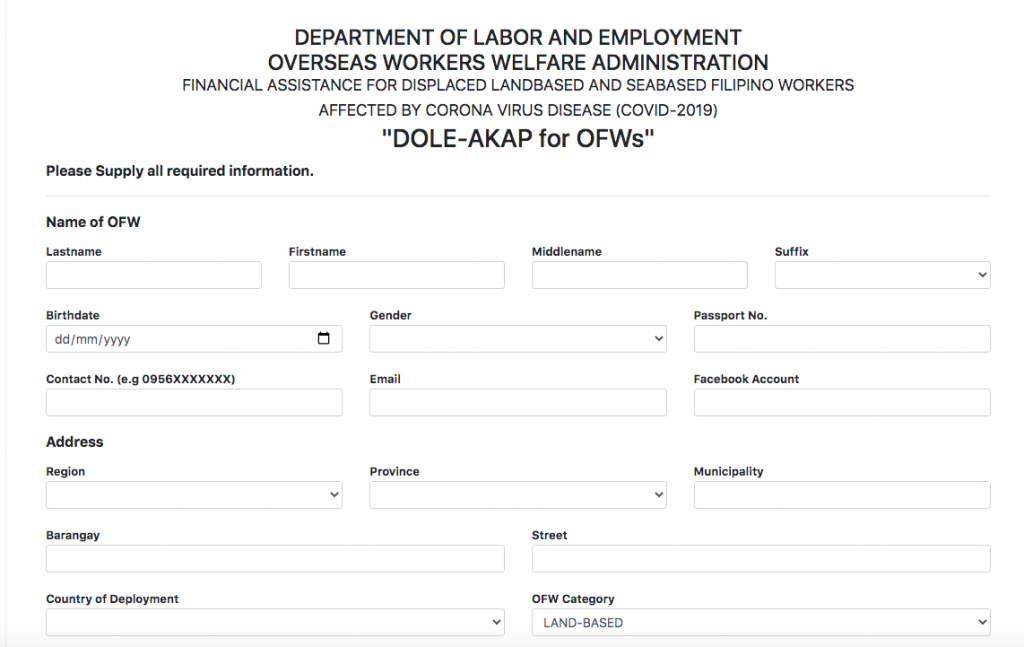Times like this are challenging and frustrating. You want to provide a better life and a more secure future for your family but Covid-19 happened. Worse, you might be stuck home and waiting for deployment until the Philippine government or the country you’re going to gives a green light.
What do you do with your time here? Don’t waste it.
The good news is there are many things you can do online. If you have Internet access, then take this opportunity to learn something new or improve your skills set.
Because of the pandemic, there is a sudden shift from offline work to online. Jobs that are related to technology will also be in demand nowadays since a lot of people will prefer staying home and doing what they can with several clicks.
As you await deployment, here are some productive things you can do:
Improve Digital Skills
Again, there is a shift from offline to online. Business owners, regardless of asset size, are also starting to set up their digital market to expand their reach and make it easier for potential customers to find them.
If this is the trend, then it’s time to improve your digital skills. Make yourself more aware of technological terms. Expand your vocabulary and knowledge to include concepts like e-commerce, online marketing strategy, and social media. There’s so much you can do on Facebook so make sure to explore that as well.
Who knows, this could pave way towards a new career path.
Take Online Courses
Did you know that TESDA offers free courses for OFWs through its Abot OFW program?
It covers several sectors including construction, automotive, processed food and beverage, visual arts, information and communication technology, and electronics among many others.
Make sure to grab this opportunity not only to learn more about your chosen field but also to improve your skills. You can even include your finished courses in your resume, which is a big plus for employers.
You can check out and enrol here.
Watch Video Tutorials
Here is another reason why you will appreciate technology: you learn a lot from it.
If you’re the type who prefers learning by yourself and not into course outline, then you can still improve your skills and learn something new by watching videos. All you need to do is to type in the search bar and you can find tons of information about it.
Still, the key here is consistency. Make sure you allot certain time of the day everyday for this to make sure that you will get better and be able to improve your skills further.
Start Small
The online market is in these days. Why not try this as well? It may not give you the income you’re expecting but at least, it could help you get by.
Food business is a growing market. Instead of joining the bandwagon and serving what others are selling, try to come up with your own product. Try combining different foods and who knows, you could be starting your own trend.
Creativity is important. Be creative in finding new food combinations. It is also important to be creative in presenting your product to the buying public. Make sure to take good photos as well to entice them to buy.
If you’re not into food, then that’s fine, too. You could sell anything, especially in-demand products like school supplies, work-from-home essentials, and homeschooling materials. Take advantage of the distance learning trend for additional income.
Don’t lose hope. This is just a roadblock but it doesn’t mean you cannot win against this. Things will get better soon and it’s up to you on how you want to face the pandemic.

